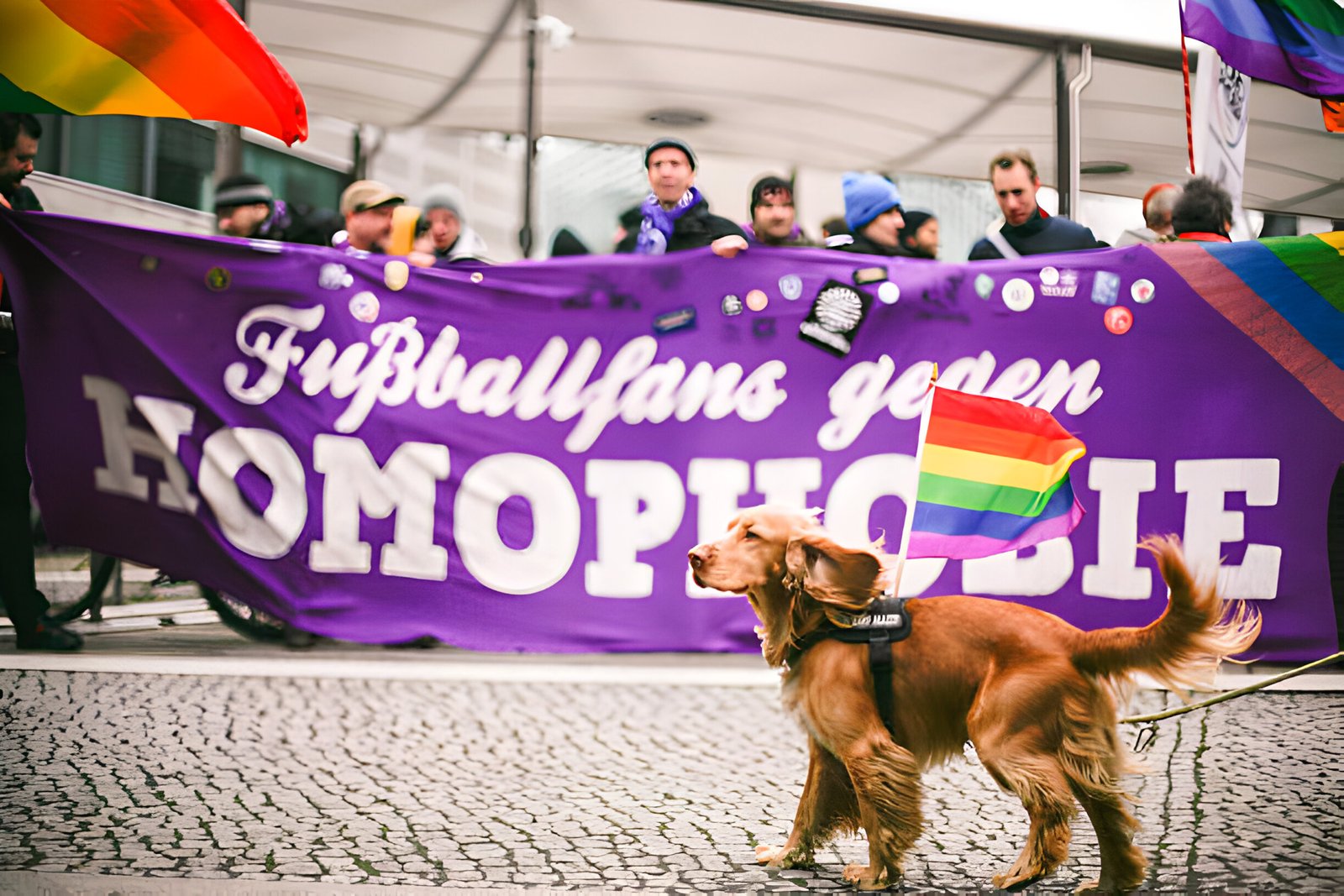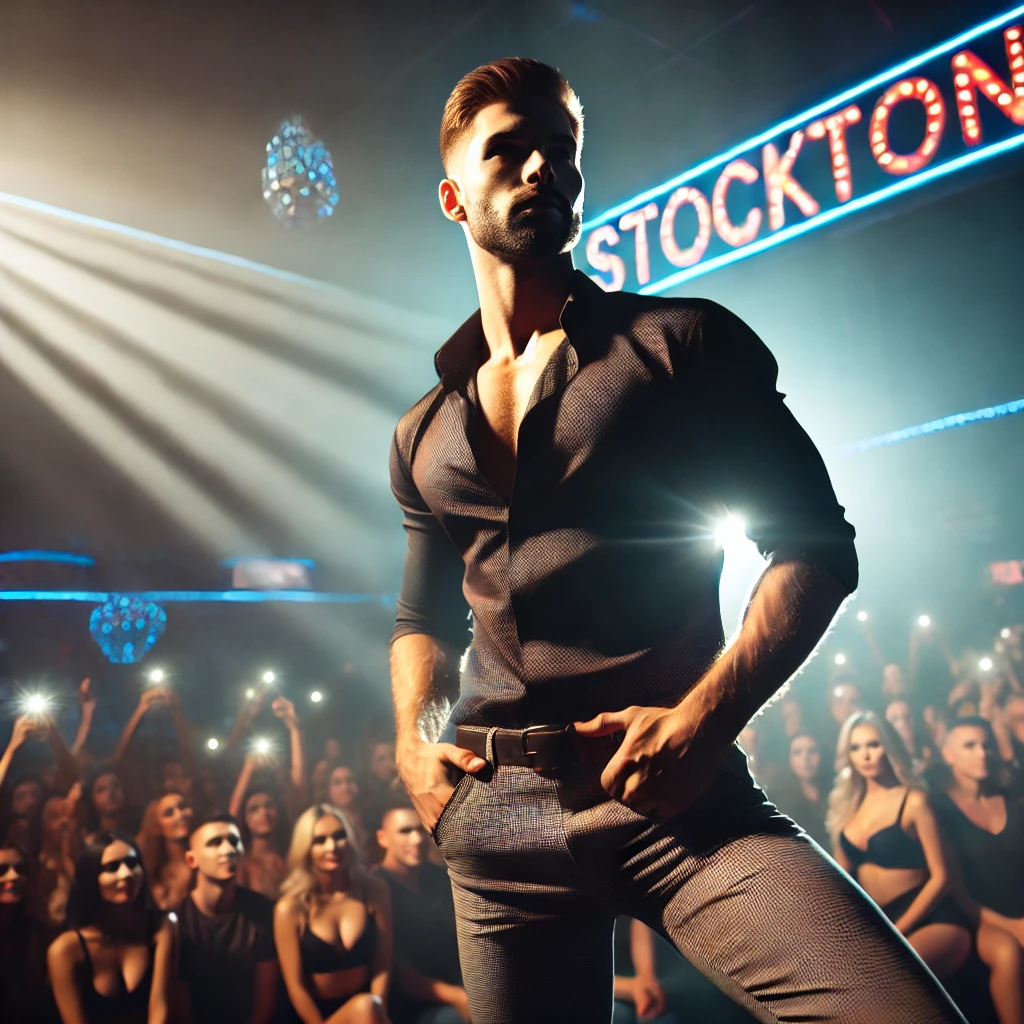Image Credits : Gettyimage
In the vast realm of internet culture, few phenomena have captured attention quite like the homophobic dog meme. This peculiar blend of canine imagery and controversial humor has taken social media platforms by storm, sparking discussions and debates across various online communities. The meme’s rapid spread on Instagram, Twitter, and other platforms has transformed an ordinary dog into an unexpected internet celebrity, prompting both amusement and concern among users.
The homophobic dog meme’s journey from a simple image to a cultural touchstone offers a unique window into the complexities of modern online discourse. As the meme evolved, it caught the eye of major media outlets like The Washington Post, further cementing its place in the cultural zeitgeist. This article aims to explore the origins of this viral sensation, analyze its impact on social media conversations, and examine the irony behind its widespread popularity. By delving into the world of suspicious dogs, rainbow attire, and the nuanced reactions of gay couple owners, we’ll unpack the layers of meaning behind this controversial yet captivating internet phenomenon.
The Origin of the Homophobic Dog Meme
Whitney Chewston’s background
Whitney Chewston, a white Dachshund, gained fame as the “Homophobic Dog” on social media. Ironically, Whitney’s owners are a married gay couple, Logan Hickman and Ben Campbell. They describe her as a “diva dachshund” with a sassy personality and a tongue-in-cheek sense of humor.
The viral photo that started it all
On June 12, 2019, Whitney’s owners posted a photo of her sitting next to a glass of red wine on Instagram. The original caption read, “Wednesdays are for a little wine. Like if you agree!” This image became the foundation for the meme that would later go viral.
Spread on social media platforms
In March 2021, an anonymous Instagram user, who was part of the LGBTQ+ community, created an image macro using Whitney’s photo. They added the caption “not too fond of gay people” using the Whisper app. This meme quickly spread across various social media platforms, including Instagram, Twitter, and Reddit. The irony of the situation lies in the fact that Whitney’s owners are gay, and she is actually an advocate for LGBTQ+ rights.
Analyzing the Meme’s Cultural Impact
The homophobic dog meme has had a significant impact on social media culture, particularly within the LGBTQ+ community. What started as a simple photo of Whitney Chewston, a white Dachshund, sitting next to a glass of wine, has evolved into a complex form of social commentary.
LGBTQ+ community’s response
The LGBTQ+ community has largely embraced the meme, using it as a creative outlet for expression. By early 2022, LGBTQ+ creators on Twitter began photoshopping their own versions of the meme, incorporating different photos and ironic homophobic captions. This widespread adoption has led to Whitney gaining a substantial following, with her name becoming recognizable, especially within the gay community online.
Satire as a tool for social commentary
The meme serves as a powerful tool for satire, shedding light on real instances of homophobia. Whitney’s owners, Logan Hickman and Ben Campbell, support the meme’s use, viewing it as a way to expose outdated attitudes towards gay people. They believe the meme effectively brings awareness to homophobic language and behaviors that LGBTQ+ individuals have experienced in their lives.
Misconceptions and controversies
Despite its satirical nature, the meme has led to some misconceptions. Some users initially believed Whitney to be genuinely homophobic, unaware that her owners are a married gay couple. This misunderstanding highlights the complex nature of internet humor and the potential for misinterpretation. However, as the meme gained popularity, it became clear that it was being used ironically to critique actual homophobic attitudes rather than promote them.
Also Read : The Ultimate Guide to Sauce on the Side’s Menu
The Irony Behind the Meme
Whitney’s owners’ true identity
The homophobic dog meme took an unexpected turn when users discovered that Whitney Chewston’s owners were a married gay couple. Logan Hickman and Ben Campbell, who began posting pictures of their dachshund on Instagram in 2016, never anticipated their pet’s rise to meme stardom, especially not for alleged homophobia.
Subverting expectations
The meme’s irony lies in its subversion of expectations. While the image macro suggests Whitney is “not too fond of gay people,” the reality couldn’t be further from the truth. Hickman and Campbell recognize the meme’s ironic nature and support its use as a tool to raise awareness about actual homophobia. They find the memes hilarious and appreciate how they shed light on outdated attitudes towards gay people.
The dog as an unlikely LGBTQ+ advocate
Despite her unintended reputation, Whitney has become an unlikely LGBTQ+ advocate. Recent pictures show her donning rainbow attire, symbolizing her support for the community. The couple has embraced this role, creating limited edition merchandise with proceeds benefiting LGBTQ+ youth organizations. Whitney’s transformation from a perceived homophobic icon to an LGBTQ+ ally highlights the meme’s effectiveness in challenging stereotypes and promoting acceptance.
Conclusion
The homophobic dog meme’s journey from a simple photo to a cultural phenomenon sheds light on the complex interplay between humor, irony, and social commentary in the digital age. Whitney Chewston’s transformation from a perceived symbol of intolerance to an unlikely LGBTQ+ advocate highlights the meme’s power to challenge stereotypes and promote acceptance. This viral sensation has an influence on online conversations, offering a unique lens to analyze the evolving nature of internet culture and its impact on societal attitudes.
At its core, the homophobic dog meme serves as a clever tool to expose and critique real-world homophobia through satire. By embracing the irony of their pet’s unintended fame, Whitney’s owners have turned a potentially controversial situation into an opportunity to raise awareness and support LGBTQ+ causes. As the meme continues to evolve, it reminds us of the internet’s capacity to shape cultural narratives and foster meaningful discussions on important social issues.
FAQs
What role do dogs play in different cultures?
Dogs have historically been seen as symbols of guidance, protection, loyalty, fidelity, faithfulness, alertness, and love. As they became more domesticated, their portrayal evolved into that of companion animals, often depicted in art as sitting on a lady’s lap.
How are dogs perceived across various cultures?
Perceptions of dogs vary significantly around the world. In some regions, dogs are feared and considered carriers of diseases like rabies. While in many places dogs are viewed as man’s best friend, in other cultures they may be seen as unclean and dangerous.
What motivates people in the United Kingdom to get dogs?
A study on dog acquisition in the United Kingdom revealed that the primary motivation for getting a dog was companionship. This was the most common reason cited by 79.4% of current dog owners and 87.8% of potential dog owners.




